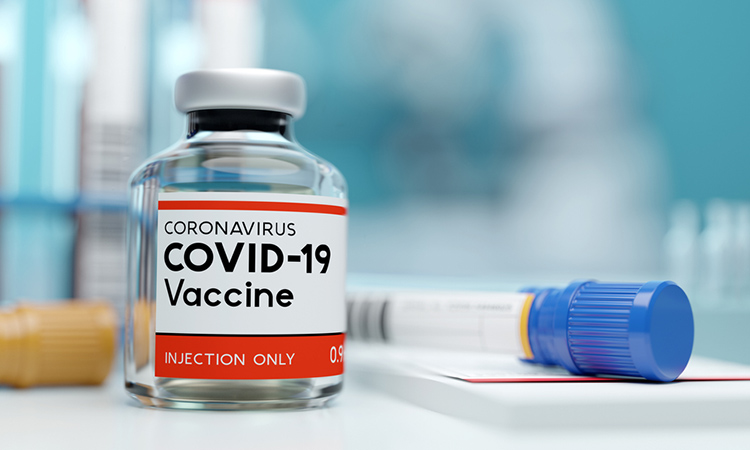The Covid-19 situation in the world is still perilous although some countries are now experiencing declines in infections and deaths, the World Health Organisation (WHO) director-general, Dr Tedros Adhanom Ghebreyesus told the media Monday.
At least 159 million people have contracted Covid-19 across the globe, with 3.3 million of them having succumbed to the pandemic.
“Globally, we are still in a perilous situation,” said Ghebreyesus, while briefing the media.
“The spread of variants, increased social mixing, the relaxation of public health and social measures and inequitable vaccination are all driving transmission. Globally, we are now seeing a plateauing in the number of Covid-19 cases and deaths, with declines in most regions including the Americas and Europe, the two worst-affected regions. But it’s an unacceptably high plateau, with more than 5.4 million reported cases and almost 90 thousand deaths last week.”
He explained further: “Any decline is welcome, but we have been here before. Over the past year, many countries have experienced a declining trend in cases and deaths, have relaxed public health and social measures too quickly, and individuals have let down their guard, only for those hard-won gains to be lost. And cases and deaths are still increasing rapidly in WHO’s South-East Asia region, and there are countries in every region with increasing trends.”
The WHO chief said vaccines were however reducing the impact of the disease and death in countries that are fortunate enough to have them in sufficient quantities, adding, early results suggest that jabs might also drive down transmission.
“But the shocking global disparity in access to vaccines remains one of the biggest risks to ending the pandemic,” bemoaned Ghebreyesus.
“High- and upper-middle income countries represent 53% of the world’s population, but have received 83% of the world’s vaccines. By contrast, low- and lower-middle income countries account for 47% of the world’s population, but have received just 17% of the world’s vaccines. Redressing this global imbalance is an essential part of the solution, but not the only part, and not an immediate solution. We cannot put all our eggs in one basket.”
He said while vaccines prevent disease there was still a need for countries to enforce public health tools that have proven effective in many places.
“My message to leaders is, use every tool at your disposal to drive transmission down, right now. Even if your country has a downward trend, now is the time to surge your capacities,” said Ghebreyesus.
“Even in countries with the highest vaccination rates, public health capacities must be strengthened to prepare for the possibility of vaccine-evading variants, and for future emergencies. My message to individuals is, every contact you have with someone outside your household is a risk – the level of risk varies according to the type of contact, the duration of contact and the level of transmission where you live.”

